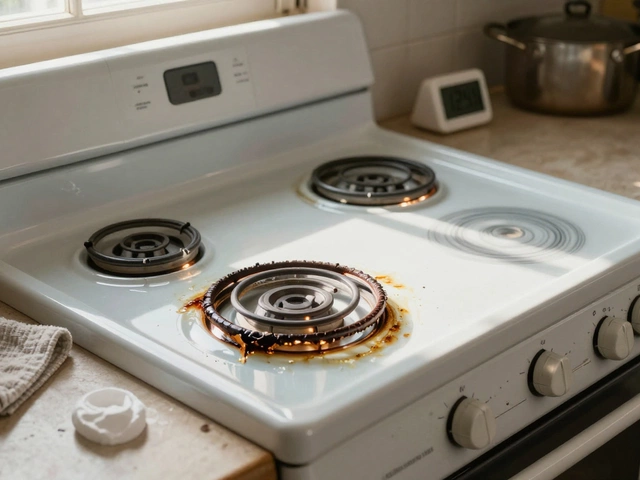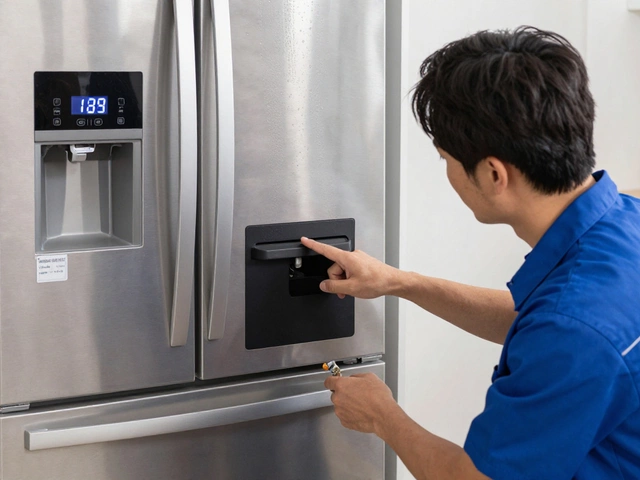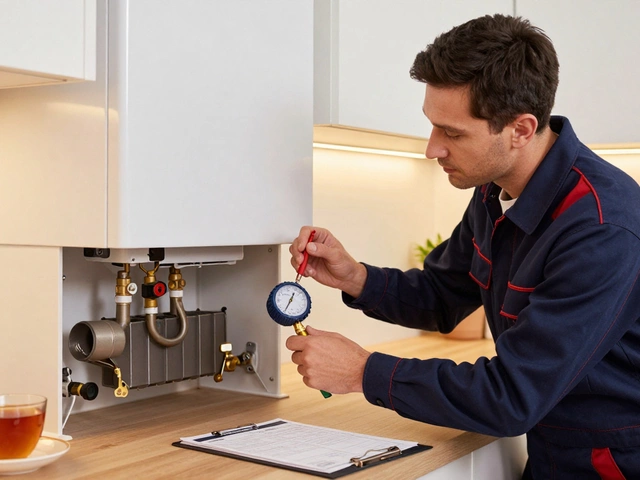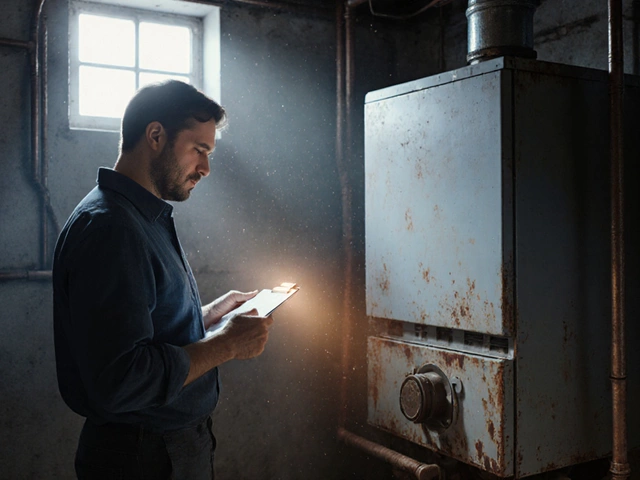How Long Should an Electric Stove Last? Real-World Expectations and When to Replace It
December 4 2025AS/NZS 60335 – Safety Standards for Household Appliances
When working with AS/NZS 60335, the Australian and New Zealand safety standard that sets requirements for the design, construction, and testing of electrical and gas household appliances. Also known as Australian/New Zealand Appliance Safety Standard, it guides manufacturers, installers, and inspectors on how to keep everyday devices safe for users and property, you’re dealing with a rulebook that affects everything from a toaster to a central heating boiler. AS/NZS 60335 isn’t just paperwork; it defines the performance thresholds that appliances must meet before they can be sold or installed. Think of it as the benchmark that ensures a kettle won’t overheat and a gas stove won’t leak, protecting both families and businesses. This standard also forms the backbone for electrical appliance safety, a set of requirements covering insulation, grounding, and thermal protection, which in turn drives the need for regular compliance testing.
How Compliance, Testing, and Certification Interact
Compliance doesn’t happen by accident; it requires a clear testing methodology outlined in product certification, the formal process that verifies an appliance meets AS/NZS 60335 before it hits the market. Certified laboratories execute the testing procedures, checking everything from fire resistance to gas leak detection. This testing procedure enables manufacturers to obtain the CE or RC mark, which signals that the device complies with the standard. When it comes to gas appliance compliance, specific clauses address pressure vessels, burner safety, and ventilation requirements, ensuring that a boiler won’t cause carbon monoxide buildup. In practice, a product that passes these tests gains a certification label, which influences market entry, insurance rates, and consumer confidence. In short, AS/NZS 60335 encompasses testing procedures, compliance testing requires certified labs, and product certification influences market success.
Below you’ll find a curated set of articles that break down the most common questions you’ll face while dealing with these standards. From figuring out why a hot‑water heater stops working to understanding the cost of replacing an oven heating element, each post ties back to the safety and compliance themes set out by AS/NZS 60335. Whether you’re a homeowner tackling a DIY fix or a professional installer ensuring every appliance meets the rulebook, the collection offers practical tips, cost breakdowns, and step‑by‑step guides that keep safety front and centre. Dive in to see how the standard shapes real‑world repairs and why staying compliant saves time, money, and hassle.
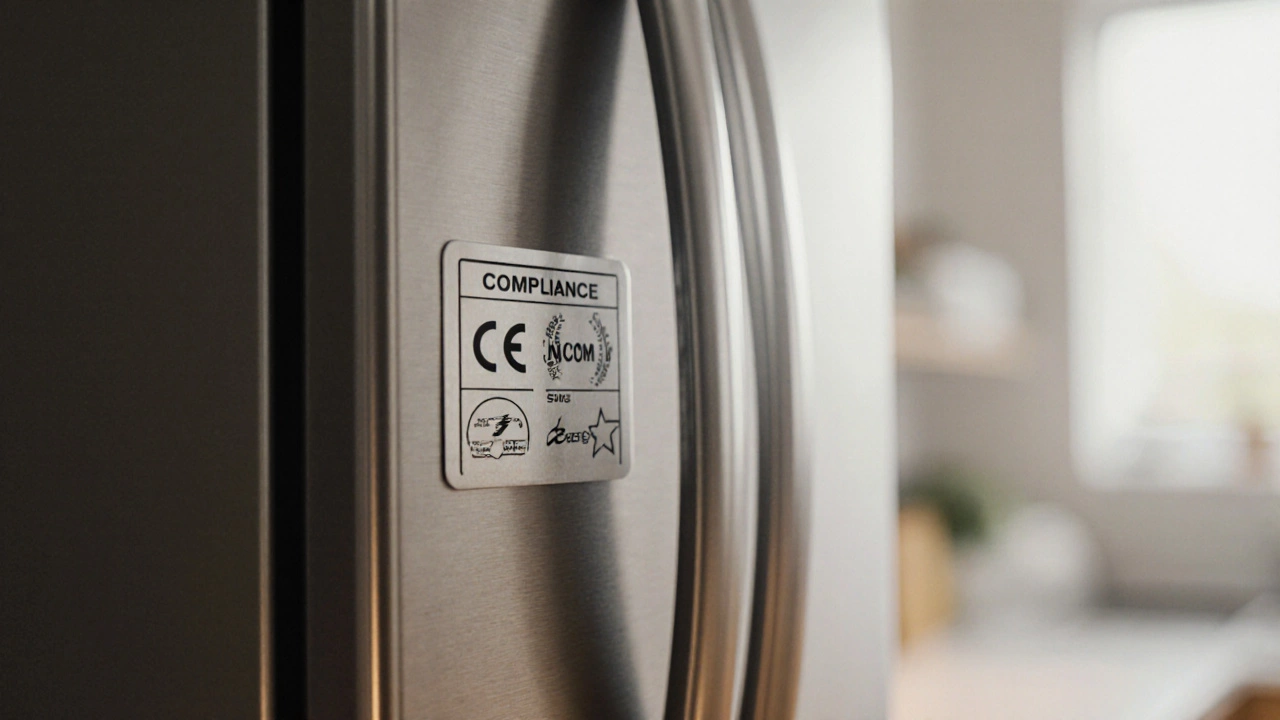 12 Oct
12 Oct
Appliance Standard Explained: What It Means for Your Home Appliances
Learn what an appliance standard is, why it matters, how to spot compliant products, and what steps to take if an appliance doesn't meet the rules.
Read More...